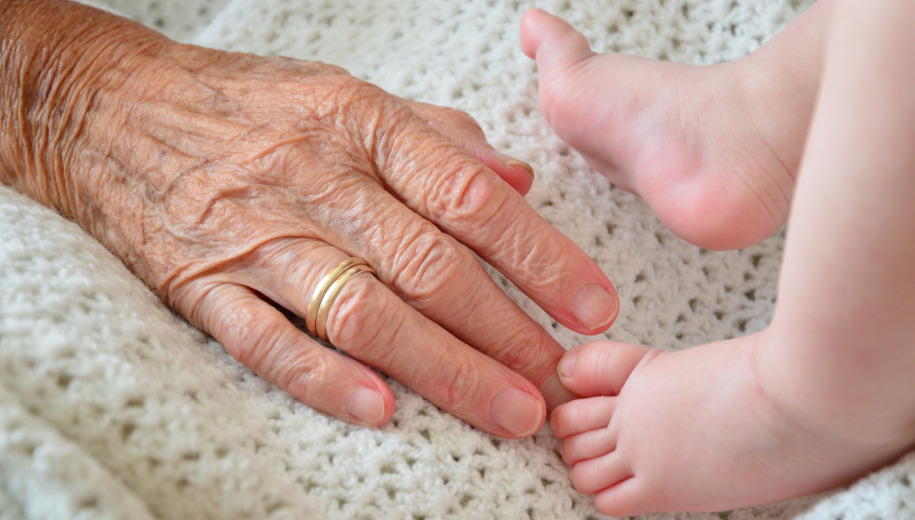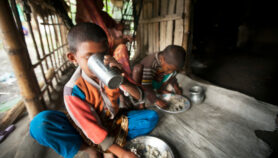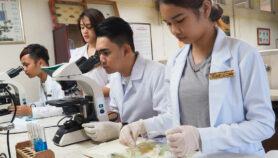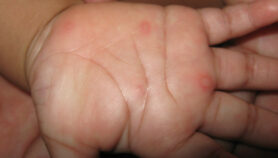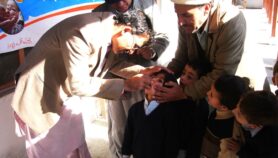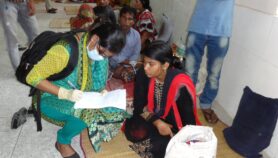By: Sanjeet Bagcchi
Send to a friend
The details you provide on this page will not be used to send unsolicited email, and will not be sold to a 3rd party. See privacy policy.
[NEW DELHI] Grandmothers can play a critical role in the care of newborn babies but are often excluded from national and international policies on neonatal care, says a new analysis.
Grandmothers’ knowledge is sometimes out of date and some of their practices could be even harmful, according to the study published February in BMJ Global Health. But given their proximity, authority and commitment to the baby’s survival, they should be explicitly involved in newborn interventions in order to optimise an abundant local resource for newborn health, it said.
Judi Aubel, author of the study and executive director of the Grandmother Project—Change through Culture, based in Rome, Italy, tells SciDev.Net that there is clear evidence of the role and influence of grandmothers in many Asian, African and Latin societies where extended families and multi-generational caregiving are important.
Using a family systems frame, a framework which deals with cultural values, norms and practices related to women and children, Aubel reviewed research from numerous settings in Africa, Asia and Latin America that provide insight into family roles related to newborn care, specifically of grandmothers.
Aubel reviewed 70 studies from 29 countries and found encouraging results of grandmother-inclusive interventions. In Nepal, grandmothers played significant roles in the feeding practice of infants and young children. Also, their knowledge and advice helped women during their pregnancy. In Uttar Pradesh, India, advice from grandmothers helped in the care of newborns, the study added.
The study also highlighted the danger that practices adopted by some grandmothers could be outdated, citing as an example the feeding of prelacteals, such as honey or ghee, before the mother’s breastmilk has “come in”.
Nearly 75 per cent of newborn deaths take place during the first seven days of life, and the majority of those deaths occur at home, the analysis noted. The family environment is critical to their health and survival, it added, but global initiatives to support newborns concentrate primarily on reinforcing health services rather than the role of family caregivers such as grandmothers.
“In India, Indonesia, Nepal, Bhutan, Laos and other South-East Asian countries grandmothers play a role in caring for newborns based on their current knowledge from both traditional and modern sources,” says Aubel. “They should be included in public health programmes and their knowledge.”
“In India, Indonesia, Nepal, Bhutan, Laos and other South-East Asian countries grandmothers play a role in caring for newborns based on their current knowledge from both traditional and modern sources”
Judi Aubel, Grandmother Project—Change through Culture
Sanchita Roy, paediatrician and associate professor at the Diamond Harbour Government Medical College and Hospital, West Bengal, India, says that in an age of nuclear families, the study is relevant.
“If grandparents take a responsible role, it helps the parents. However, some common practices should be scientifically discussed — including massages, use of dietary supplements and exposure to sunlight,” she tells SciDev.Net.
This piece was produced by SciDev.Net’s Asia & Pacific desk.


